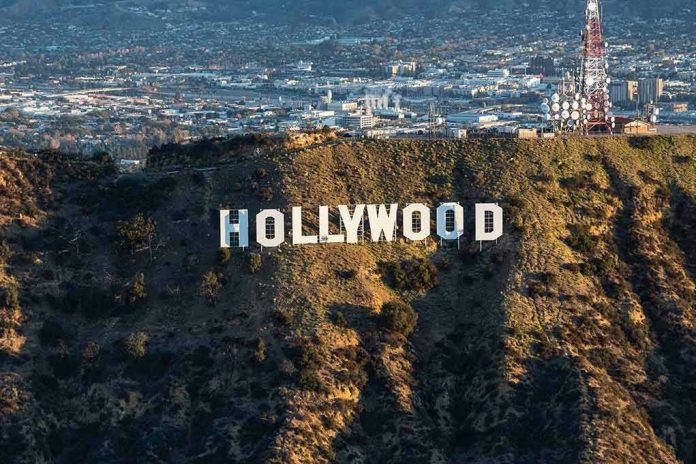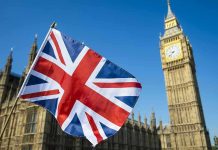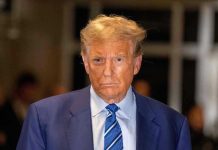
Is Paramount Studios secretly controlling Hollywood by blacklisting anti-Israel voices?
Story Overview
- Paramount Studios accused of blacklisting stars over anti-Israel comments.
- Allegations arise following David Ellison’s appointment as CEO.
- Controversy linked to a high-profile boycott of Israeli film institutions.
- Debate highlights Hollywood’s division over Israeli-Palestinian conflict.
Paramount’s Alleged Blacklist
In late 2025, rumors surfaced that Paramount Studios, under new leadership by David Ellison, was maintaining a “do-not-hire” list targeting actors who publicly criticized Israel. This alleged blacklist supposedly includes those labeled as “overly antisemitic,” “xenophobic,” or “homophobic.” The accusations emerged in the wake of an open letter, signed by over 4,000 industry figures, pledging to boycott Israeli film institutions. The letter accused Israel of committing “genocide and apartheid” in Gaza.
Paramount quickly became the first major studio to denounce the boycott, sparking a heated debate about free speech and censorship in Hollywood. The controversy intensified with reports of layoffs at CBS News, a Paramount subsidiary, which some sources linked to anti-Israel bias. Paramount’s official stance opposes political motivations, but the allegations have fueled industry-wide speculation.
Historical Context of Blacklisting
The concept of blacklisting in Hollywood is not new. During the McCarthy era, many artists were shunned for alleged communist ties. However, the current allegations against Paramount differ as they touch on the sensitive Israeli-Palestinian conflict, a longstanding flashpoint in global politics and entertainment. The entertainment industry is increasingly divided, with social media amplifying both activism and backlash, making reputational risks more acute.
The Ellison family’s pro-Israel connections have added another layer to the controversy. David Ellison’s father, Larry Ellison, is a prominent pro-Israel philanthropist, and these ties are seen by some as influencing Paramount’s policies. This connection has only heightened suspicions regarding the alleged blacklist.
Stakeholders and Their Influence
The main stakeholders in this controversy include Paramount Studios, David Ellison, and the actors and filmmakers involved in the boycott. Paramount, as a major studio, holds significant influence over hiring and content production decisions. David Ellison, as CEO, has stated his commitment to depoliticizing the studio and restoring its status as a top destination for talent. However, the accusations of blacklisting raise questions about the balance between corporate policies and creative freedom.
On the other side, pro-boycott artists argue that cultural boycotts are a legitimate form of protest against Israeli policies. Meanwhile, pro-Israel advocates contend that these boycotts are antisemitic and warrant a strong response. The entertainment industry remains divided, with both sides wielding substantial influence in shaping public discourse.
Current Developments and Implications
As of November 2025, Paramount has not confirmed the existence of a blacklist, but the allegations persist. Official statements from the studio emphasize inclusivity and oppose the anti-Israel boycott, yet the debate continues to unfold. The controversy has short-term implications, such as heightened tensions within Hollywood and a potential chilling effect on artists’ political expressions.
In the long term, the situation could set a precedent for other studios regarding political blacklisting. Legal and reputational challenges may arise if the blacklist is substantiated. The broader creative community faces ongoing challenges in navigating the boundaries of free speech and political activism, with potential industry-wide realignments along ideological lines.






